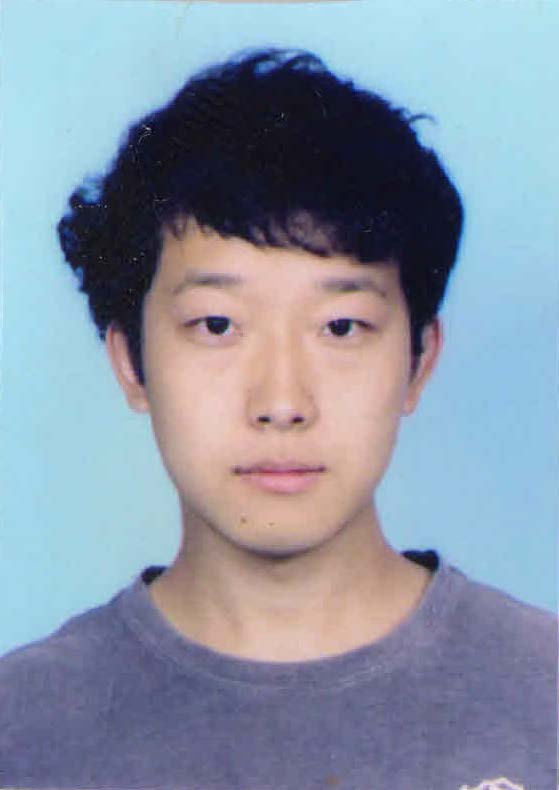Delay-Doppler Domain Communications and Sensing
Presentation (together with Prof. Weijie Yuan and Prof. Zhiqiang Wei), IEEE International Communications Conference (ICC), Rome, Italy
Future wireless networks are envisioned to support ubiquitous connectivity to a wide range of emerging applications operating in hostile environments, spanning from autonomous cars to unmanned aerial/underwater vehicles (UAV/UUV), and low-earth-orbit (LEO) satellites, etc. This requires novel wireless technology to provide highly reliable data transmission and highly accurate sensing simultaneously. However, the strong multipath, high delay and Doppler features in those hostile environments can impose great challenges for reliable wireless communications and accurate sensing. Consequently, the conventional orthogonal frequency division multiplexing (OFDM) modulation may fail due to the high dynamical channel fluctuations and complex sensing scenario. The recently proposed orthogonal time frequency space (OTFS) modulation has provided a fundamentally different perspective of waveform design in the delay-Doppler (DD) domain in contrast to the conventional time-frequency (TF) domain designs. The DD domain communications and sensing have shown promising performance over various channels thanks to the intrinsic connections between the two functionalities in the DD domain and its advantages have been widely evident from both academic and industry perspectives. This tutorial aims to provide a comprehensive understanding of the DD domain communications and sensing with specific focuses on its fundamentals, advanced designs, performance analysis, and applications.
